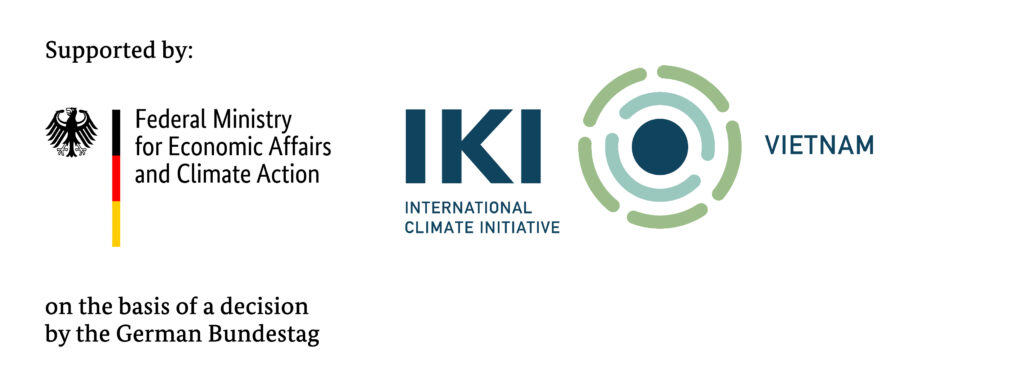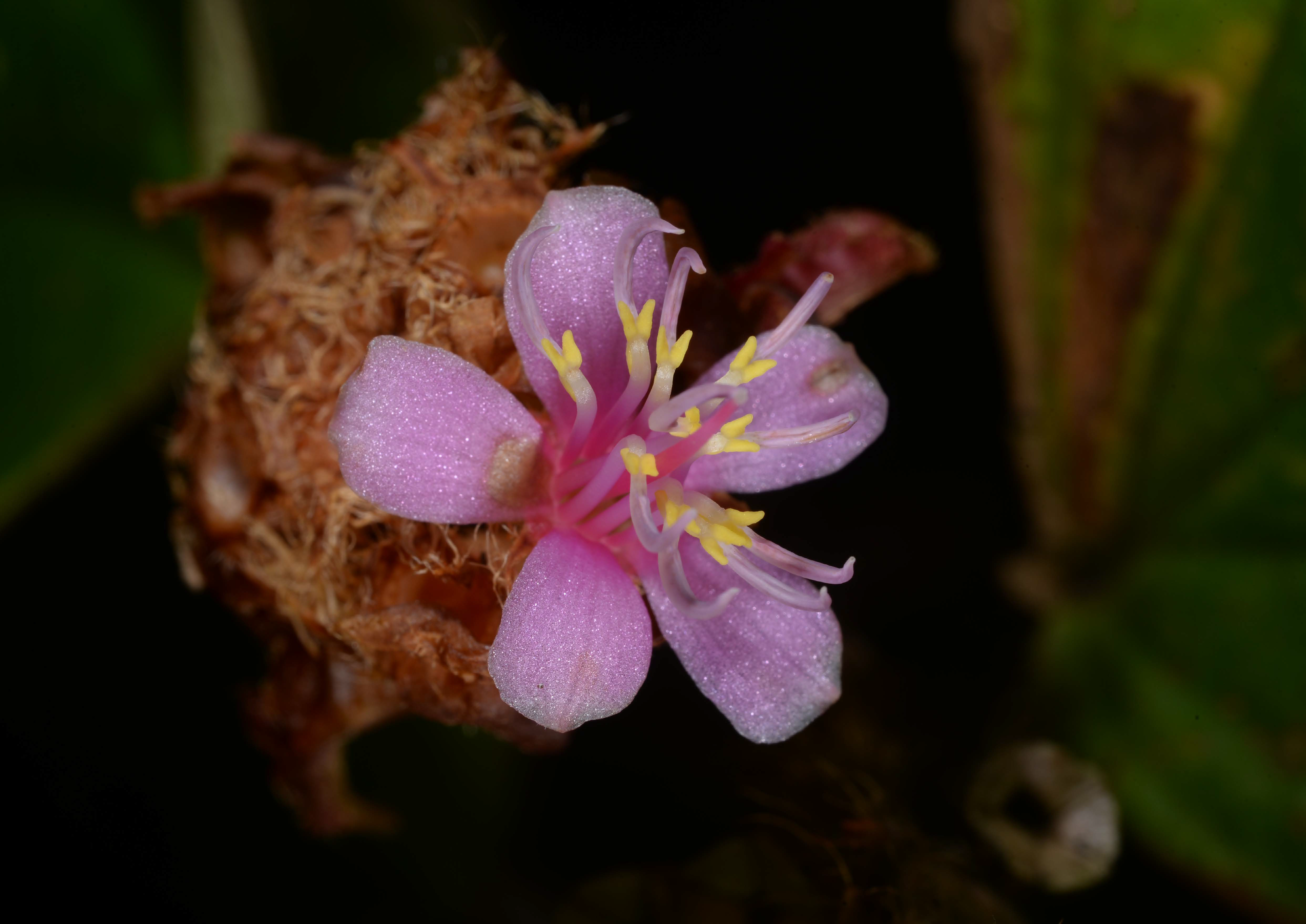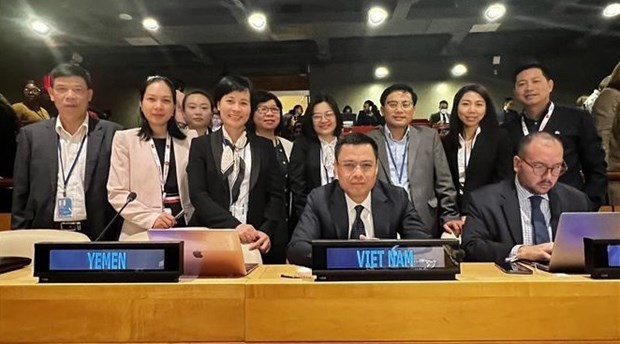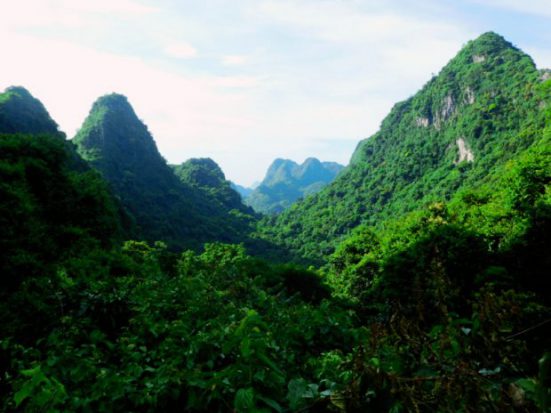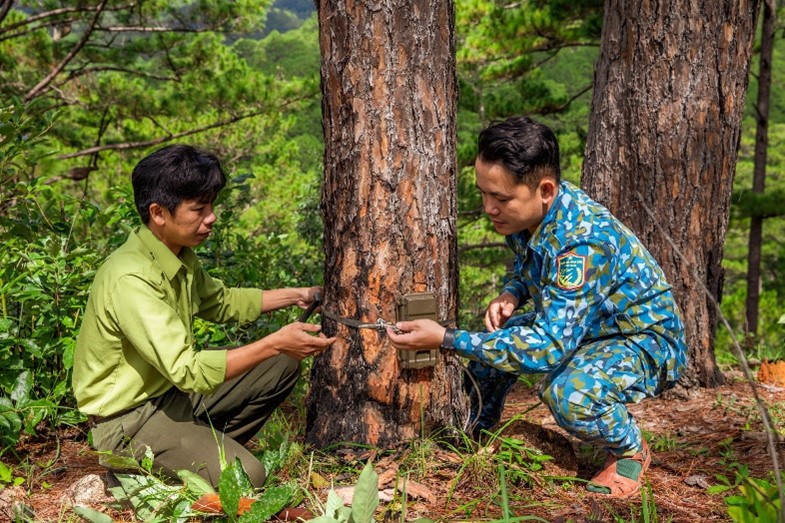Multi-use forest management serves diverse purposes and benefits beyond timber by integrating different dimensions such as: environment, economy, culture, and society. The development of the multi-use values of the forest ecosystem will contribute to the sustainable development of the forest, well-being of the community, biodiversity conservation and economic growth.
To diversify the values and benefits of local forests, on 29th February 2024, the project on promoting multi-use values of forest ecosystem to 2030, vision to 2050 was approved by Deputy Prime Minister Tran Luu Quang. This project aims at (i) promoting multi-use values of the forest ecosystem to enhance management efficiency and sustainable use of forest resources, (ii) increasing income of minorities and forestry workers, (iii) conserving natural resources, biodiversity, environment, (iv) adapting to climate change and (v) developing local cultural, traditional, and historic values. These can be achieved by the following activities:
First, by expanding large-scale timber forests, local wood production supply is expected to meet 80% of the demand of wood processing industry by 2030 and 100% by 2050. Non-timber forest products and medical plants processing increase by half in 2030 and double in 2050 compared to 2020, accounting for 15% and 25% of the total export turnover of forest products in 2030 and 2050 respectively.
Second, the sustainable and effective combined agriculture-forestry-fishery production practices will be developed based on individual locality and region’s potentials and advantages and with leveraging indigenous knowledge to enhance added-value of forest products and services. By 2030, apart from timber products, the economic value per unit of cultivation area will increase by 20%.
Third, forest environmental services will be promoted by determining and exploiting new services and at the same time effectively managing and utilising benefits from forest environmental services, effectively utilising carbon sequestration and storage services and ensuring a stable increase of income from Payment for Forest Environmental Services (PFES) at the level of 5% per year.
Fourth, eco-tourism and community-based tourism are named as one of the priorities. By promoting local potentials, benefits, and cultural values, income from tourism activities is expected to increase by half in 2030 and double in 2050 compared to 2020.
Fifth, conserving biodiversity, stabilising and expanding special-use forest, as well as developing an action plan for endangered, precious, and rare species in Viet Nam will be strengthened.
Sixth, the number of skilled labour in the forestry sector, especially minority workers living in forest areas, will be increased, thereby, also enhancing their income and livelihood.
The project is funded by the government through development programmes such as the National Target Programme, the Programme on Sustainable Forestry Development and other projects and plans.
